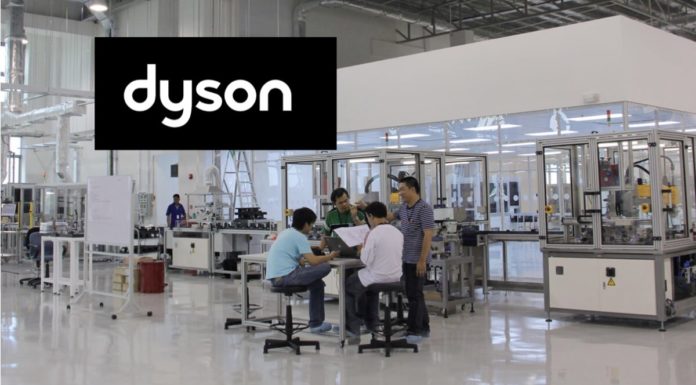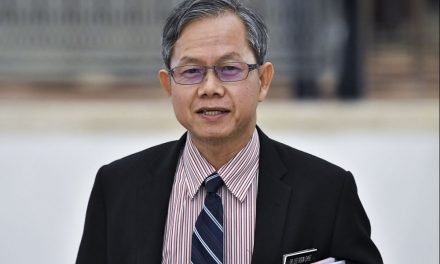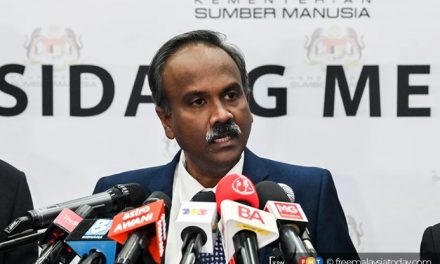Malaysia | Amid Dyson’s split with its Malaysian supplier, concerns over the treatment of its migrant workers are under the spotlight, sparking fear of job losses among the staff.
British technology company Dyson announced last month that it would pull its business from ATA IMS Bhd following a recent independent audit on worker treatment and allegations by an unidentified whistleblower.
ATA, one of Malaysia’s top electronics manufacturing service providers, supplied Dyson with parts for its high-end vacuum cleaners and air purifier, basking in the brand’s success.
It was reported that the partnership accounted for 80 per cent of ATA’s revenue.
However, the growth is said to have come at a price, with migrant workers being the ones to pay.
According to ten current and former ATA employees and a former executive, the company’s primarily migrant workforce had 15-hour shifts a day and often had to skip rest days to meet the demand, reported Reuters on Sunday (Dec 5).
Furthermore, the workers were advised to keep their working and living conditions hidden from labour inspectors and Dyson.
Supervisors reportedly coached staff on what to tell auditors; otherwise, Dyson would cut its orders with ATA.
ATA employees also disclosed that the firm hired thousands of foreigners without work permits.
During inspections, the workers without permits were told to stay away from company premises.
When Dyson officials visited, workers were then advised to stop working on Sundays and reduce overtime.
To date, ATA had not provided a statement, although confirmed it was audited by the Responsible Business Alliance (RBA), which conducts factory inspections.
On Dyson’s audit of the firm, ATA said the findings surrounding poor living conditions, unpaid allowances, concerns of retaliation, among others, were “non-conclusive.”
The split sparks concerns over job losses
As a result of Dyson’s announcement to cut ties with ATA, the latter’s shares dropped 60 per cent, sparking concerns among workers regarding job losses.
“There is no guarantee of a job here anymore,” said an ATA worker, as quoted by Reuters.
Although ATA officially employs an estimated 8,000 workers, it was reported that the workforce reached 17,000, including those without proper work permits. Most of the manpower was sourced from Nepal and Bangladesh.
On Dec 1, Malaysia said it would charge ATA over issues submitted by the labour department. It remains unclear whether the charges are related to the workers’ claims.
Malaysia’s human resource minister, M Saravanan, said foreign investors lose confidence in the country’s manufacturing industry as a result of forced labour allegations within companies.
The Malaysian government is investigating Dyson’s move to split with ATA. /TISG









